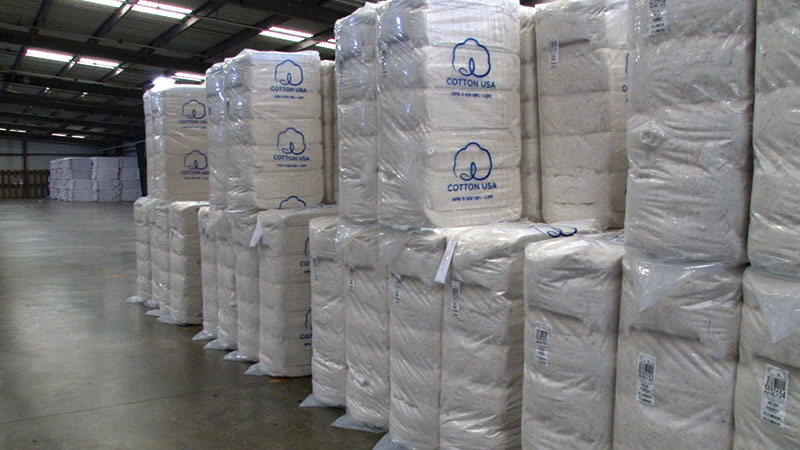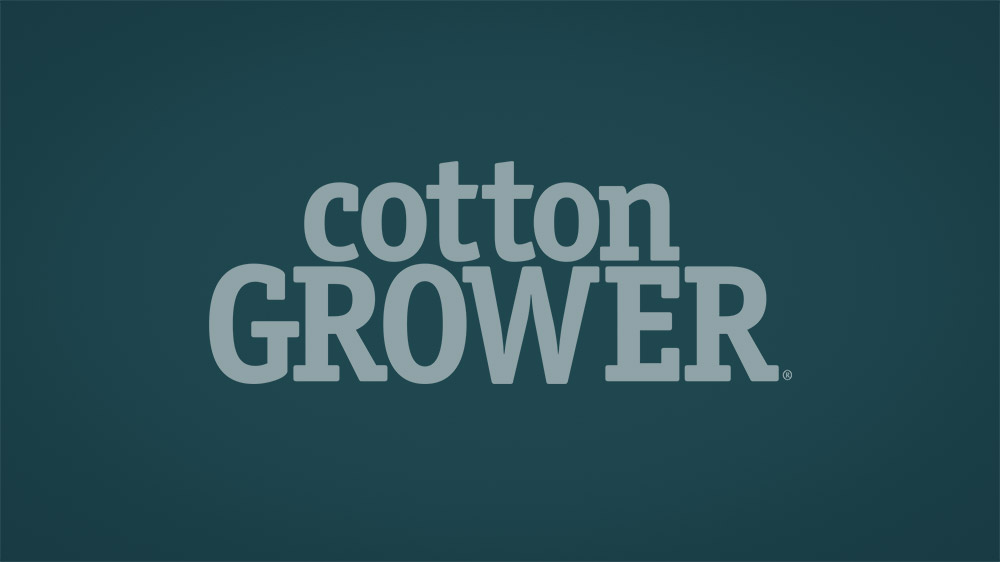Nonwoven Wipes Play Key Role in Combating Opioid Crisis
FedEx recognizes the Synthetic Opioid Safety (SOS) kit, which includes nonwoven wipes as a component, in the fight against the opioid crisis in the U.S.
In the past decade, synthetic opioid usage and illicit drug trafficking have become a national crisis in the United States. According to the Center for Disease Control, synthetic opioid-related deaths increased by over 50% from 2019 to 2020.
First Line Technology (FLT) in Fredericksburg, VA, has been at the forefront of developing products for combating opioid crisis such as Synthetic Opioid Safety kits and countermeasures systems to protect warfighters and first responders.
Recently, FedEx recently selected FLT as one of its Top 100 Small Business entries in the Small Business Grant Competition for the development of the SOS kit. The kit consists of Dahlgren Decon formulation and FiberTect decontamination nonwoven wipes. According to FedEx, the Top 100 companies were chosen from thousands of businesses.
“Being on FedEx’s Small Business Grant Contest’s Top 100 finalists is an honor,” says Emit Kapoor, President and Founder of First Line Technology. “The path to commercialize products like FiberTect and Dahlgren Decon are not always easy as a small business, but with the help and recognition by organizations like FedEx, it makes it worth it.”
Nonwoven and different textile materials have been at the forefront of fighting global pandemic and public health crises with products such as PPEs and SOS kits.
The FiberTect wipe, a patented technology based on research at Texas Tech University, uses different fibers such as cotton, synthetics, and blends. The type of fiber helps with multiple functionalities such as water repellency, toxic chemical absorption, and more. The nonwoven wipe is part of a hybrid decontamination procedure, which is gaining acceptance.
“When we developed our hybrid decon solutions for first responders to combat the opioid epidemic, our vision was to ensure that they had the best tools and training to keep themselves and the public safe,” adds Kapoor.
“We don’t solve any problem these days by working in silos,” notes Texas Tech Professor Brendan Kelly. “Products like the SOS kit are good examples of technology commercialization involving multidisciplinary fields such as textile science and chemistry. Such efforts will lead to positive contributions to our society by providing solutions to major problems affecting our society, such as the opioid crisis and pandemic scenarios.”










